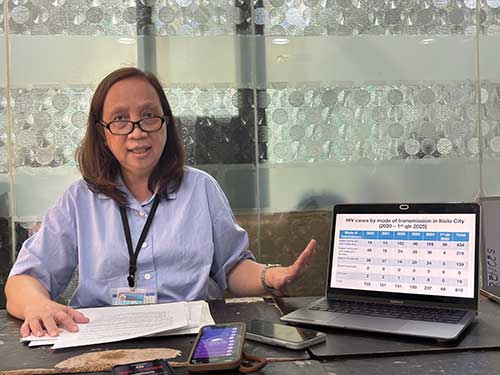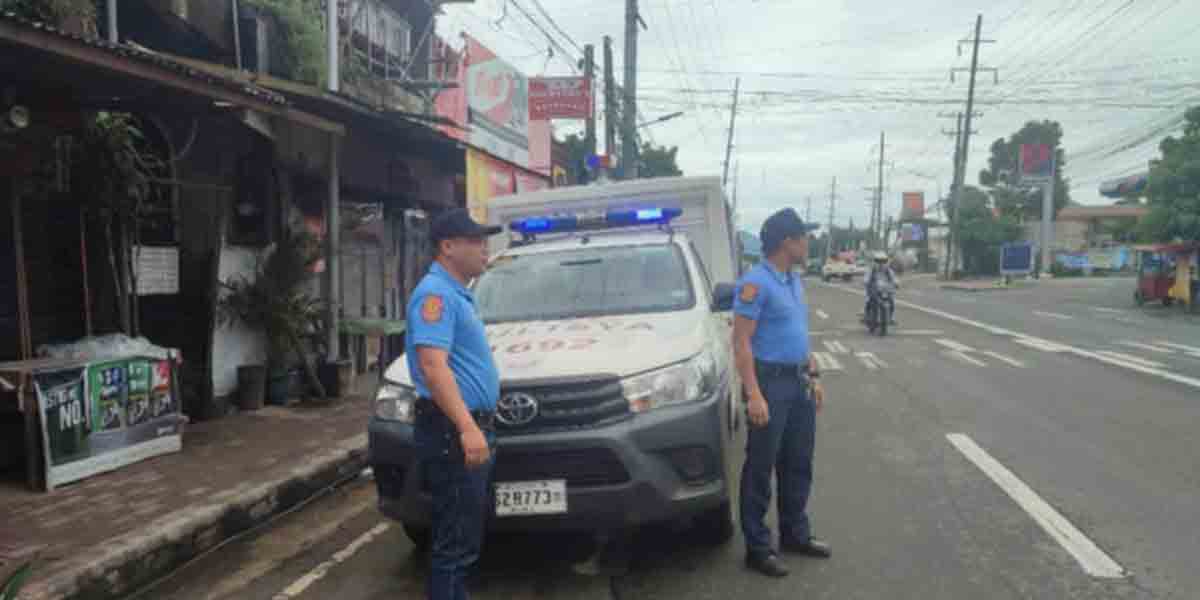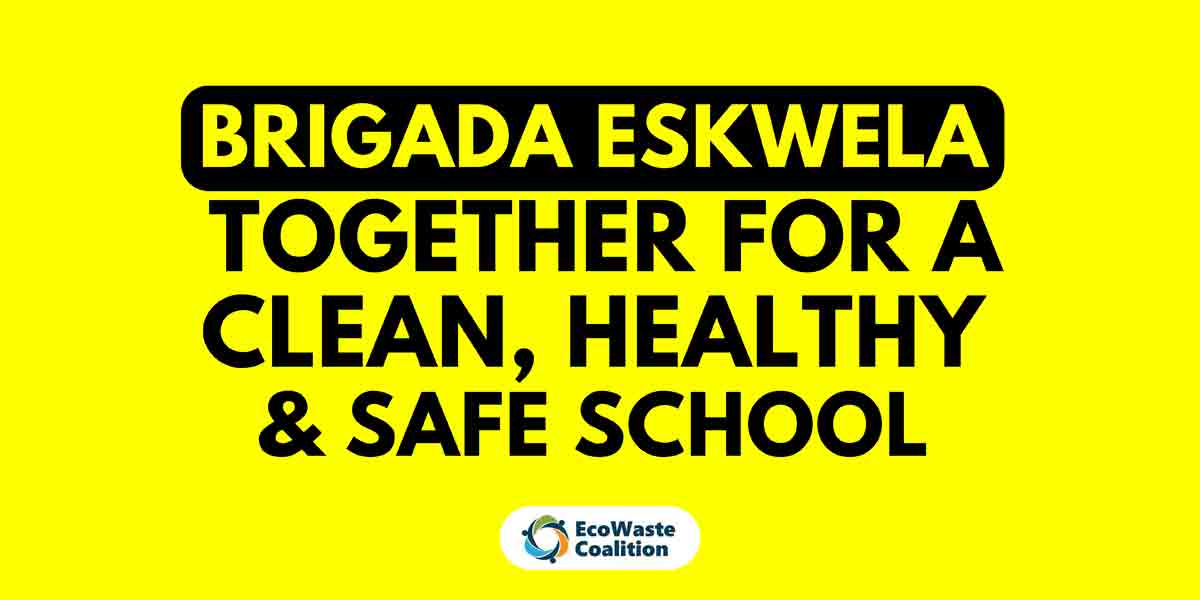
By Rjay Zuriaga Castor
The City Health Office is expanding its HIV-related services, including testing, awareness campaigns and preventive care, in response to a steady rise in human immunodeficiency virus cases in Iloilo City.
Ma. Odeta Villaruel, City Health Office Medical Officer IV, said the city recorded 48 new HIV cases in the first quarter of 2025, bringing the total to 1,694 since 1988.
A spike in cases began in 2016, with 130 cases compared to 74 in 2015.
The trend continued with 189 cases in 2017, followed by a slight decline to 158 in 2018, 128 in 2019 and 101 in 2020.
After the COVID-19 pandemic, cases rose again: 131 in 2021, 141 in 2022, 150 in 2023 and 237 in 2024.
Villaruel said the rise can largely be attributed to expanded testing and intensified awareness campaigns.
CHO data showed the most affected age groups are 25 to 34 years old, with 361 cases since 2020, and 15 to 24 years old, with 267 cases.
Males account for the majority of infections, with 771 cases since 2020, compared to 39 among females.
Villaruel said sexual contact remains the primary mode of transmission.
Of the cases since 2020, 434 involved males who have sex with males, 218 involved males who have sex with both males and females, and 139 involved male-to-female transmission.
She said the trend calls for stronger community education, including lectures in schools and barangays, particularly for the youth.
“We have to access the barangays, especially our out-of-school youth, the 15 to 24 age group,” she said.
“We will coordinate with the Department of Education to reach and educate high school students.”
She said some students visiting the CHO’s social hygiene clinic have tested positive for sexually transmitted infections such as chlamydia, gonorrhea and syphilis.
“This is okay because they are showing health-seeking behavior for testing, and we can treat them,” she said.
The CHO plans to intensify HIV testing through mobile voluntary counseling and testing units, offering services upon request from barangays, schools and offices.
“At the clinic, we offer HIV testing, but if any group requests lectures or testing, we will go to them,” Villaruel said.
Plans are also underway to reopen the sundown clinic, known as the 5/11 Klinika Ilonggo, which provides free services for MSMs, transgender individuals and bisexuals.
The clinic operates from 5 p.m. to 11 p.m. and focuses on STI screening, confidential HIV testing and education and counseling.
It was launched in 2016 and operated until 2018 with funding from the Department of Health.
“This makes STI and HIV services more accessible for people who work 8 a.m. to 5 p.m., especially males and young professionals who fear getting tested during the day,” Villaruel said.
The CHO is also pushing to establish a primary HIV care clinic, as the social hygiene clinic only serves as a screening facility and not a treatment hub.
It is also promoting broader access to pre-exposure prophylaxis, or PrEP, a preventive medicine for people who are HIV-negative but at substantial risk.
PrEP, provided for free, is recommended for those with HIV-positive partners, people who engage in condomless sex, those with recent STIs, or people who inject drugs using shared equipment.
Currently, only two private hospitals — St. Paul’s Hospital of Iloilo and The Medical City Iloilo — and two public hospitals — Western Visayas Medical Center and West Visayas State University Medical Center — offer antiretroviral therapy.
The Family Planning Organization of the Philippines Iloilo Chapter also provides ART.
ART suppresses the replication of HIV and reduces viral load to undetectable levels, preserving immune function by allowing the recovery of CD4 cells.
While ART does not cure HIV, it significantly lowers morbidity and mortality, improves quality of life and prevents HIV transmission by maintaining an undetectable viral load — a concept known as “undetectable = untransmittable” or U=U.





















